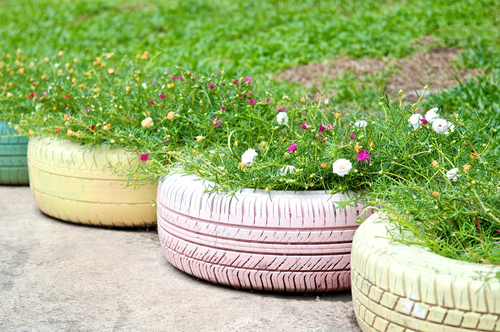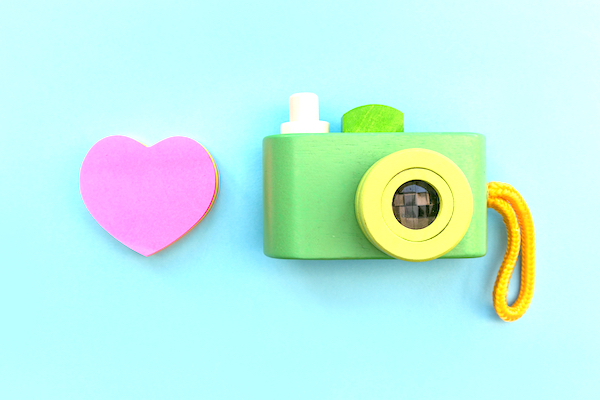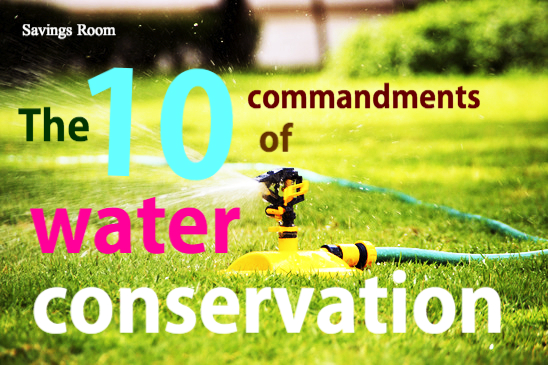As seen on TV, El Niño is starting to show stringent impact in some countries earlier than expected in terms of water conservation. Agricultural industries are now facing heavy pressures in production due to water system failures which also lead to early harvests. Some residential areas are, likewise, battling water restriction (limiting the watering of lawns, using sprinkler systems, washing vehicles, hosing pavements, refilling swimming pools, etc.).
We have been getting a stream of precautions in preparation for El Niño, but it may be time to take further steps to prepare, as, every year, water restrictions are a recurring issue.
Water, as we all know, continually moves through a cycle (evaporation, transpiration, condensation, and precipitation). However, once we get it we need to put it through different treatment processes before it is being made available for daily consumption.
These processes are either often taken for granted.
Many of us use water thoughtlessly, neglecting the fact that our activities can be a factor of the increasing problem with water during decreased rainfall and will continue to be in many years to come if we will not treat ourselves stewards of the Mother Nature.
When it comes to water conservation, we don’t need to be someone somewhere to be able to create a big difference. We just need to look around to understand that even simple household activities, when done properly and responsibly, can contribute to a change on a much larger scale, saving our environment and not having to suffer water restriction during drought.
Keep these handy commandments in mind when thinking about water conservation
1. Thou shalt not let the water run, while thou lathers thy hands with soap
According to the hand-washing technique, lathering your hands may take 10-15 seconds with the average person washes their hands 15-20 times a day. Imagine how many gallons of water are wasted when you let the water run as you soak your hands with soap.
2. Thou shall group plants according to their water requirements and only water them as needed
There is quite a long list of plants which do not require regular watering. Overwatering plants can cause soggy soil and limits oxygen distribution to the roots.
3. Thou shall eat vegetables and fruits with high water content when thirsty as an alternative to water
At this point you are probably tired of finding ways to quench your thirst and may have already tried every way possible to stay cool and fresh, including perhaps drinking more than the recommended. Eating fruits and vegetables like watermelon can be a good and healthy alternative to drinking water.
4. Thou shall use the same drinking glass throughout the day
If you don’t find it disgusting to use the same drinking glass throughout the day, then do it. It will surely cut down number of glasses in the dishwasher.
5. Thou shall use a large bowl to rinse off chemicals on your fruits and vegetables
Washing fruits and vegetables may use up 1-2 gallons of water depending on the variety and quantity. Using a large bowl as wastewater catchment can save enormous amount of your bill.
6. Thou shall regularly check taps and pipes for leaks
As pipes, fittings and taps wear out; regular checking around your property can help save water and cut costs on usage bills.
7. Thou shall not over fill your swimming pool
Swimming pools have continually gained reputation as the most favourite part of the house especially during warm season. However, we can always enjoy the pool responsibly by lowering water levels as it may just go to waste due to splashing about.
8. Thou shall use one rinse fabric conditioner when washing clothes
Washing clothes contributes a considerable amount to your monthly payables. Thanks to the one rinse fabric conditioner, you can save on both water bills and electric bills.
9. Thou shall grow plants that are drought tolerant in your landscape
Watering of plants can be restricted in some regions during a drought so it is best to research and consider the type of plants you grow in your garden. Buffalo and common Couch Grass are great for drought prone landscapes extremely tolerant to dry – outs.
10. Thou shall use alcohol and other sanitizers at times, when hand washing is not necessary
If you want to disinfect your hands, you can use sanitizer. Although this should not be used to substitute hand washing with soap and water, this can reduce hand washing frequency.
Whilst these tips can be very helpful in reducing water consumption, (more so if practiced everyday) other types of water can also be a great substitute to main water to double up your water bill savings.
- Grey water – Waste water from washing machines, basin, sinks, and showers can be classed as ‘grey water’. Using it to irrigate the garden can certainly help minimise water bill costs and support you through water restrictions.
- Rainwater – Rainwater is simply the water collected from surfaces where rain falls. This water can be stored in tanks. Rainwater tanks can be plumbed and connected to an irrigation system for farming purposes or into the house for use in washing machines. When you conserve water using rainwater tanks, you’re not just doing a favour for yourself but you helping the environment as well. For detailed information on installation techniques and any other information about rainwater catchment systems you can contact our experts at
- http://supatank.com.au for more water conservation ideas


 YOU
YOU



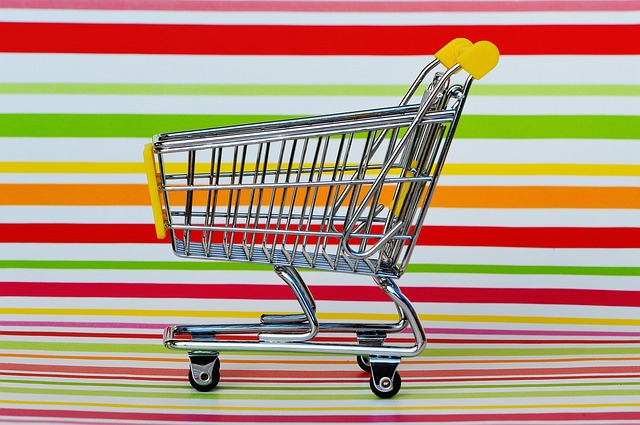
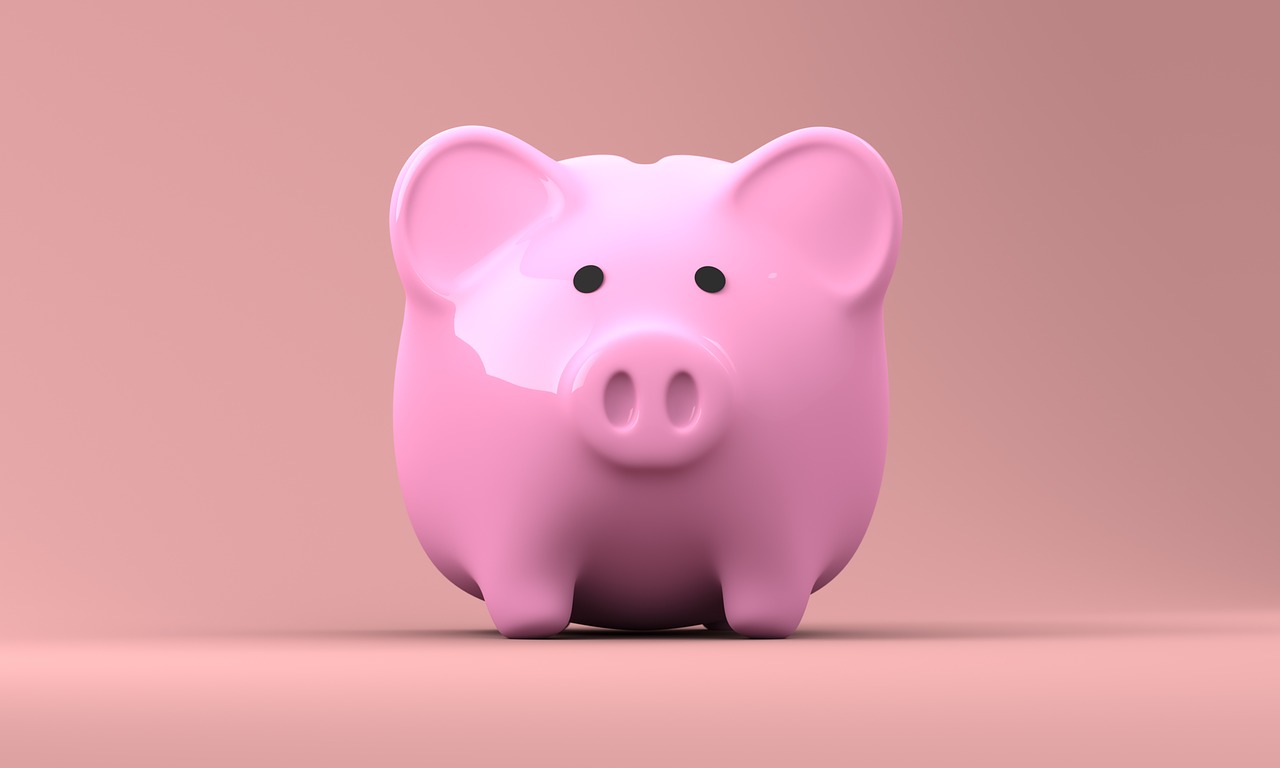
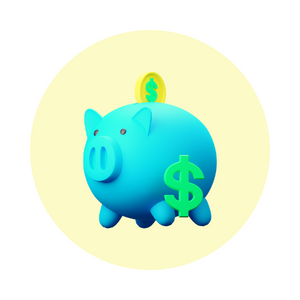 Money
Money





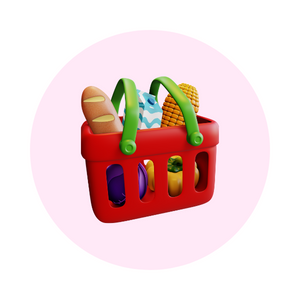 FOOD
FOOD
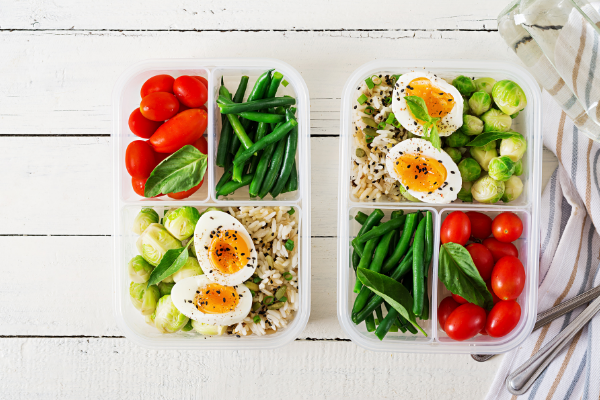
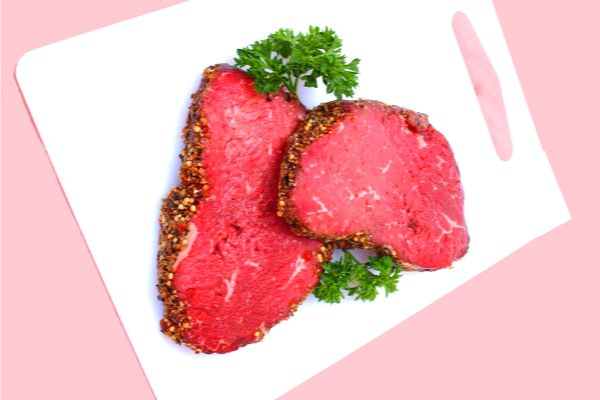
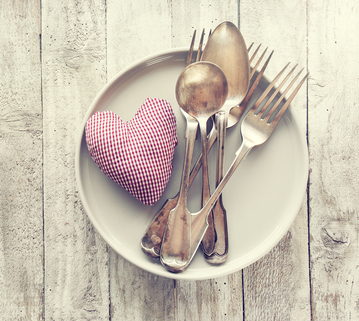

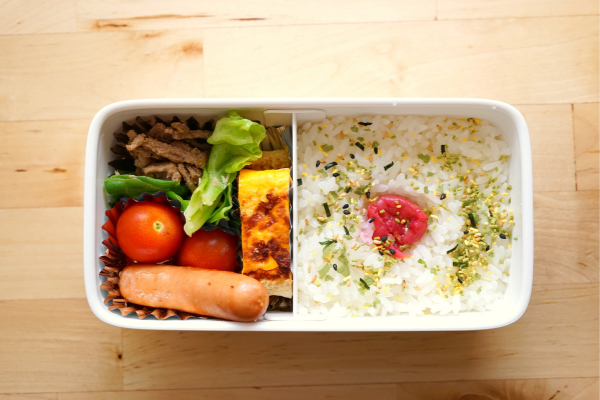
 FAMILY LIFE
FAMILY LIFE




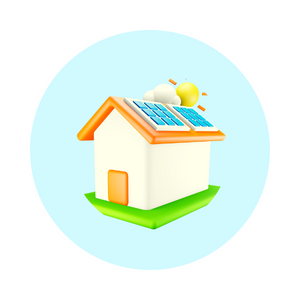 HOME & GARDEN
HOME & GARDEN




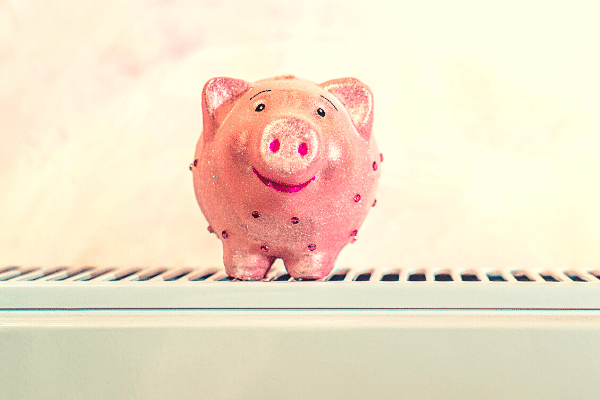

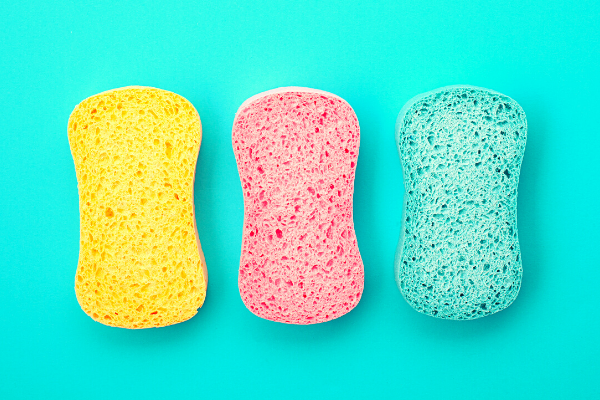
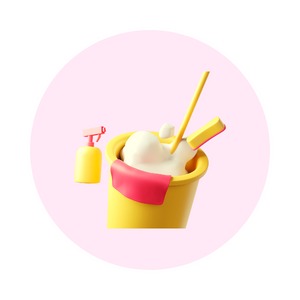 ORGANISE
ORGANISE

 EVENTS
EVENTS

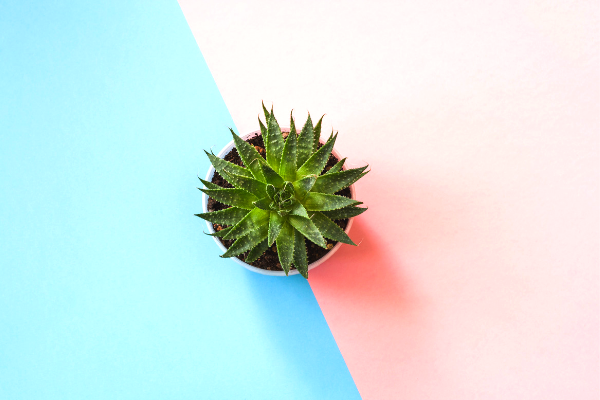


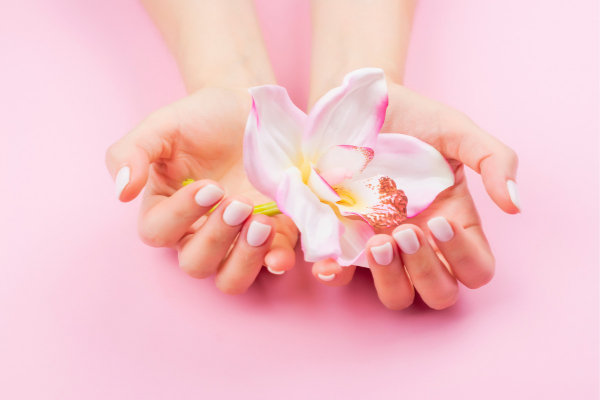
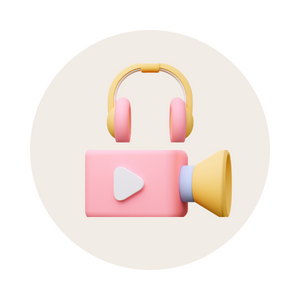 LIFESTYLE
LIFESTYLE

